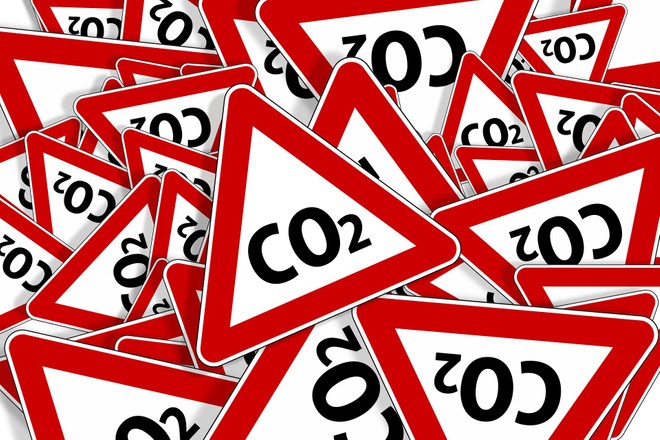
The Environment Commission of the European Parliament , as we have seen, has voted in favor of the European Commission's proposal to an end to the sale of endothermic cars starting from 2035. In addition, it has proposed a series of initiatives to be undertaken. However, for Transport & amp; Environment could have been done much more. In fact, it is underlined that the Environment Commission has rejected more objectives; ambitious by 2030 and the introduction of an intermediate target by 2027.
For Transport & amp; Environment were essential factors in accelerating the economies of scale of electric vehicles and making them more accessible to European citizens already; during this decade. For this, he hopes that when the text will be & agrave; screened the plenary assembly of the European Parliament , scheduled for 7 and 8 June, will be remedied.
A NEW INTERMEDIATE OBJECTIVE IS NEEDED
Going into detail, Transport & amp; Environment says that the Environment Commission of the European Parliament asks to reduce the average emissions of the fleet by 20% in 2025, compared to the values of 2021, and then by 55% in 2030 and 100% in 2035. However, & egrave; state rejected the introduction of a new intermediate target to 2027 and the increase of the target for 2030 .
These are initiatives that would have allowed to stimulate the sale of electric cars . Veronica Aneris , Director of Transport & amp; Environment Italia said:
EU rules on clean cars are driving the boom in electric vehicles needed to decarbonise cars and meet our climate goals. But this strong market growth & egrave; destined to falter between now and the end of the decade if lawmakers do not intervene by setting an interim target for 2027. Without it, the European Union may not be able to sell enough zero-emission cars in the coming years to achieve its 2030 targets, as well as the different national targets of many Member States.
Transport & amp; Environment also says that the Environment Commission of the European Parliament has rejected the hypothesis of including CO2 credits for vehicles with internal combustion engines fueled by synthetic fuels in the Regulation. The independent non-profit organization that promotes sustainable transport reports that tests on engines powered by these fuels have shown that their combustion continues to introduce toxic nitrogen oxides (NOx) into the atmosphere. Furthermore, these fuels are characterized by significantly lower energy efficiency, high production costs and considerably higher operating costs, compared to a battery electric car.
Battery electric vehicles offer to motorists the best solution; clean, efficient and cost-effective for decarbonisation, while cars powered by synthetic fuels would provide new life to old polluting engines. Parliament must continue to close the door on what would be a costly and inefficient deviation from the decarbonisation path, which would jeopardize the entire EU race towards net zero emissions by 2050.
< p> We will see what will decide & agrave; the plenary assembly of the European Parliament. In any case, the process to get to approve the European Commission's proposal to stop the sale of endothermic from 2035 & egrave; still long and complex .
The best of OnePlus? OnePlus 9 Pro, buy it at the best price from Amazon at 692 euros .